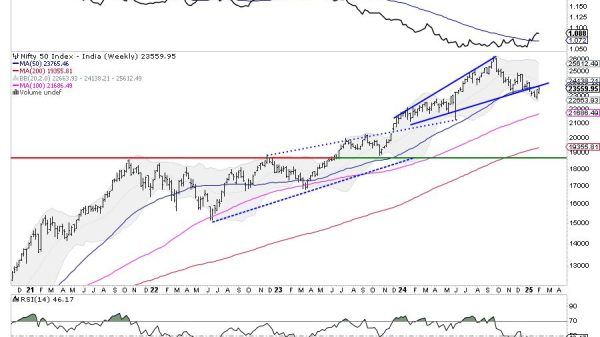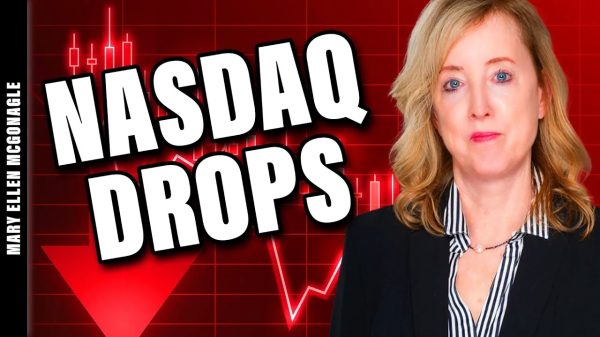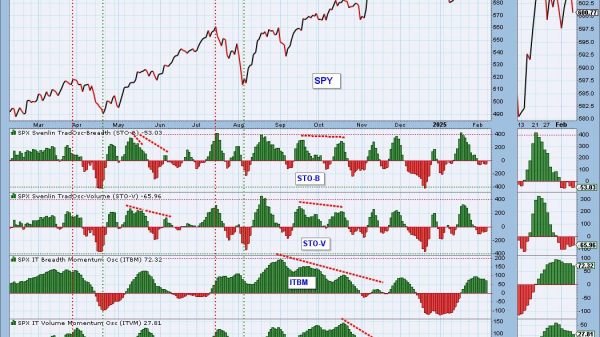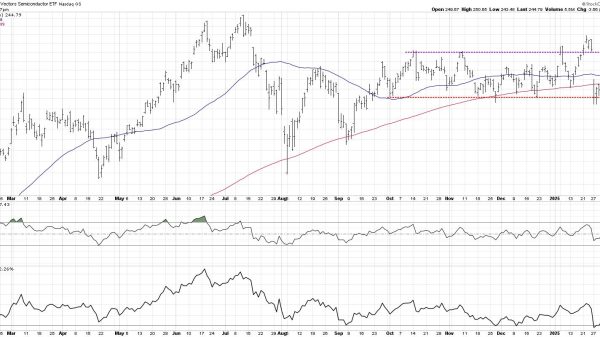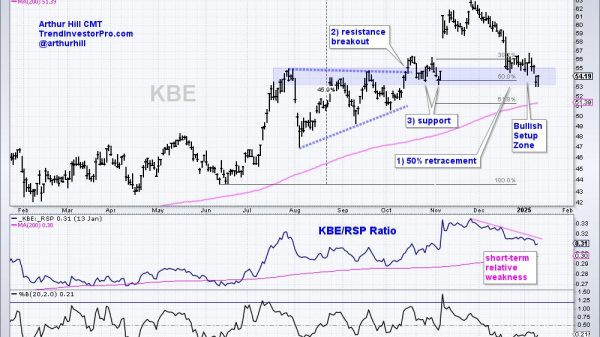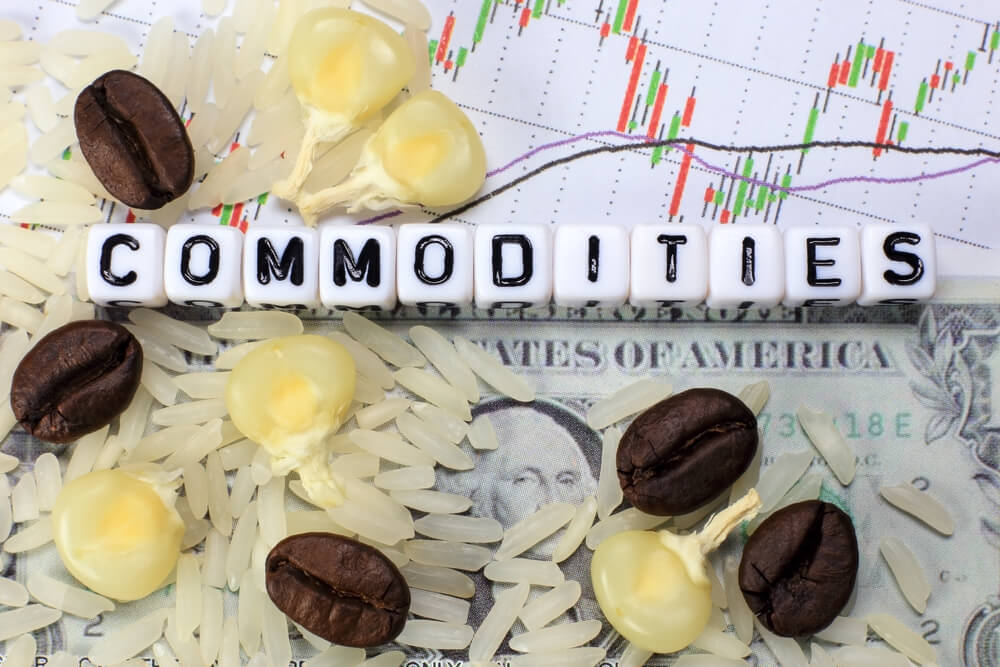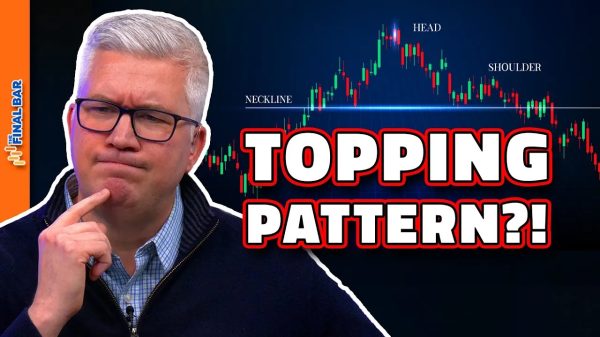Food Commodities: Navigating the Changing Landscape
The realm of food commodities is undergoing a notable transformation, as the season-average prices for many U.S. agricultural commodities are on a downward trend that may extend into 2026. A recent report from the FAPRI think tank at the University of Missouri highlights this trend. Therefore attributing it to the slowing global economic growth after a heady recovery from the pandemic in 2021. Additionally, increased global grain production creates more competition for U.S. crops, reshaping the landscape of food commodities trading. This article will explore the factors influencing these changes and their implications for commodity traders and the agricultural sector.
The Changing Landscape of Food Commodities
Many factors that pushed prices of several agricultural commodities to record or near-record levels in 2022 have reversed or moderated in 2023. This is according to FAPRI’s updated agricultural baseline for the years through 2028. Except for beef, commodity prices are lower this year, and there’s a possibility of continued decline soon.
The 2022 wheat crop food commodity set a record by selling for an average of $8.83 a bushel. However, this year’s crop is expected to fetch an average of $7.58 a bushel, with prices stabilising at around $5.80 in 2026. Corn production is also rebounding this year, with a season-average price of $4.94 a bushel forecasted, compared to $6.60 in 2022. Soybean prices are seeing a smaller decline, projecting a season-average price of $10.94 for the 2024 crop, down from $14.20 in 2022/23.
Cotton, on the other hand, remains relatively stable due to reduced U.S. cotton production. FAPRI predicts that the season-average price for the primary upland cotton variety will be 79.3 cents per pound.
Implications for Commodity Traders and the Agricultural Sector
The declining prices of key food commodities have raised concerns among commodity traders and the agricultural sector. Fluctuations in pricing can significantly affect farmers’ profitability and necessitate strategic adjustments for commodity trader portfolios and commodity funds.
Commodity traders and investors must vigilantly track price changes, diversifying portfolios beyond popular commodities such as wheat and corn. Exploring alternative investments and commodity trading platforms may be necessary to adapt to the evolving landscape of food commodities.
In conclusion, staying informed about market dynamics is crucial for commodity traders, investors, and farmers alike in the ever-evolving world of food commodities. The FAPRI report’s indication of declining U.S. agricultural commodity prices underscores the urgency for adapting and recalibrating our strategic approach. Stakeholders who closely monitor markets and diversify investments can thrive despite fluctuating commodity prices in the food trading industry.
The post Food Commodities: Navigating the Changing Landscape appeared first on FinanceBrokerage.






